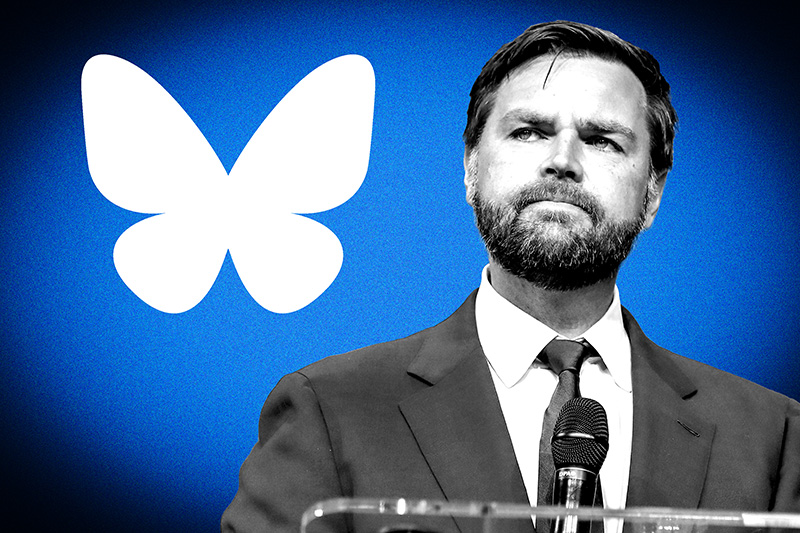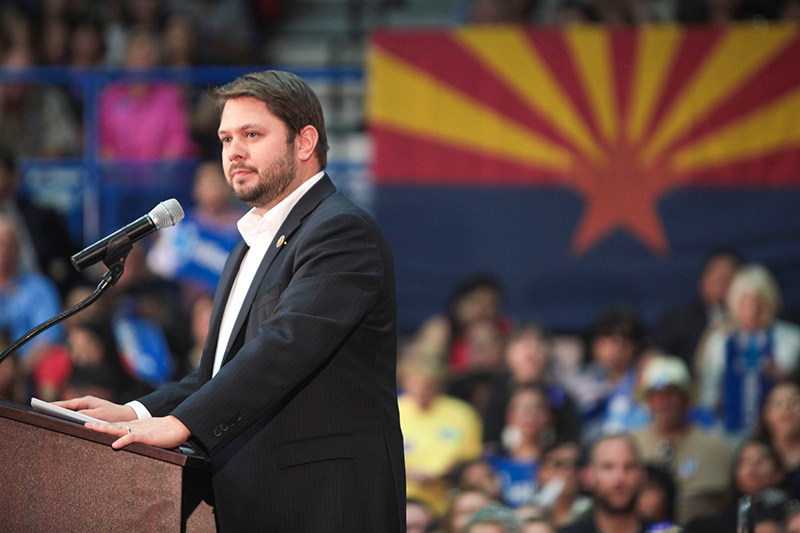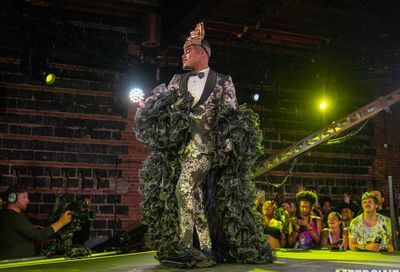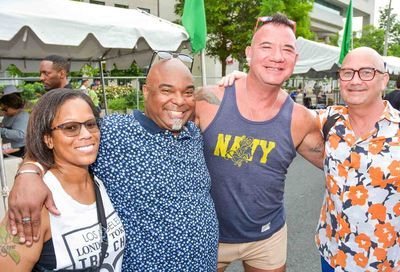Transgender Female Athletes Banned from Women’s Cycling
The governing body of world cycling says transgender females will be allowed to compete in "open" category but not in women's events.

UCI has banned female transgender cyclists from competing in women’s races, becoming the latest international sports organization to place restrictions on transgender athletes.
The governing body of world cycling’s decision came after American rider Austin Killips became the first out transgender woman to win an official cycling event, the Tour of the Gila, in May. The organization said the new ban, which began Monday, was needed to “ensure equal opportunities” for cisgender women, reports the New York Post.
Following Killips’s victory, many cycling fans and former racers bemoaned the “unfair” advantage that she enjoyed and demanded that the UCI ban all transgender females from women’s competitions, arguing that they have an innate physiological advantage over cisgender women that cannot be reversed or lessened by hormone therapy.
Previously, transgender female athletes were required to undergo hormone therapy and keep their testosterone levels below 2.5 nanomoles per liter for two years prior to competing in female-designated events — a regimen that Killips complied with before her win.
The UCI subsequently promised to take action by August, ahead of the cycling world championships, which are being held in Glasgow, Scotland, from August 3 to 13.
On July 14, the organization issued new restrictions that will affect the overwhelming majority of transgender female competitors.
“From now on, female transgender athletes who have transitioned after [male] puberty will be prohibited from participating in women’s events on the UCI international calendar — in all categories — in the various disciplines,” the UCI said in a statement.
The organization said it “has taken note of the state of scientific knowledge, which does not confirm that at least two years of gender-affirming hormone therapy with a target plasma testosterone concentration of 2.5 [nanomoles per liter] is sufficient to completely eliminate the benefits of testosterone during puberty in men.”
It also noted the difficulty of drawing “precise conclusions about the effects” of gender-confirming hormone therapy.
“Given the current state of scientific knowledge, it is also impossible to rule out the possibility that biomechanical factors such as the shape and arrangement of the bones in their limbs may constitute a lasting advantage for female transgender athletes,” the UCI added.
Transgender males and nonbinary people assigned female at birth will still be allowed to compete in women’s events, provided they have not begun hormone therapy.
The UCI has renamed its men’s category as “Men/Open” for international Masters events — which are below the elite level for riders over the age of 30 — noting that “any athlete who does not meet the conditions for participation in women’s events will be admitted without restriction.”
David Lappartient, the president of the UCI, said that the organization wanted to “reaffirm that cycling — as a competitive sport, leisure activity or means of transport — is open to everyone, including transgender people, whom we encourage like everyone else to take part in our sport.”
He added that the organization “fully respects and supports the right of individuals to choose the sex that corresponds to their gender identity, whatever sex they were assigned at birth. However, it has a duty to guarantee, above all, equal opportunities for all competitors in cycling competitions.”
The UCI is the latest sports governing body to restrict transgender females from competing if they have undergone male puberty — a designation that applies to an overwhelming majority of transgender athletes.
In March, the World Athletics Council, the governing body of track and field, imposed a nearly identical rule barring transgender females from women’s events. FINA, the international governing body for water sports, adopted a policy last year prohibiting trans athletes from competing as women unless they had been on puberty blockers since age 12 and had never gone through male puberty before starting hormone treatments.
Killips expressed her frustration about the new restrictions in an Instagram post.
“I am devastated by the UCI’s decision to renege on the policy and framework they previously set out for inclusion,” she wrote. “My journey in professional racing has allowed me to see the world, build lifelong friendships, and most importantly give my absolute all to something I find deeply fulfilling. No one should be denied the opportunity to chase the same joy that I and others have found through racing.”
Writing on her SubStack, Killips blamed a “cabal of right wingers” who took issue with the presence of transgender female athletes in women’s events for pushing for the restrictions.
“I guess what complicates all of this is the sense that it is fallout from something I did,” Killips wrote. “Surely if it wasn’t me someone else would have become the scapegoat but the unfortunate matter is that I’m one of the figures that pushed the limits of inclusion for this particular moment and a cabal of right wingers who want nothing but the worst for the world were able to successfully weaponize it.
“Ten years earlier or ten years down the road who’s to say what happens. But circumstance is such that I am close to the center of a fight that is much bigger than me or any of my previous aspirations. I hope to right the injustice that has been incurred in response to my success in the sport. Other people fought tirelessly to make the last several years of my life possible, it would be unconscionable to not agitate for the next person who wants to give their all to racing bikes.
“We have to fight for what is right knowing that it’s for the good of others and not our own lots in life,” Killips concluded. “I do not need to line up at a World Cup again but I won’t be able to sleep at night if I’m not fighting for the next woman who deserves a shot at everything this sport has given me.”
Support Metro Weekly’s Journalism
These are challenging times for news organizations. And yet it’s crucial we stay active and provide vital resources and information to both our local readers and the world. So won’t you please take a moment and consider supporting Metro Weekly with a membership? For as little as $5 a month, you can help ensure Metro Weekly magazine and MetroWeekly.com remain free, viable resources as we provide the best, most diverse, culturally-resonant LGBTQ coverage in both the D.C. region and around the world. Memberships come with exclusive perks and discounts, your own personal digital delivery of each week’s magazine (and an archive), access to our Member's Lounge when it launches this fall, and exclusive members-only items like Metro Weekly Membership Mugs and Tote Bags! Check out all our membership levels here and please join us today!






























You must be logged in to post a comment.